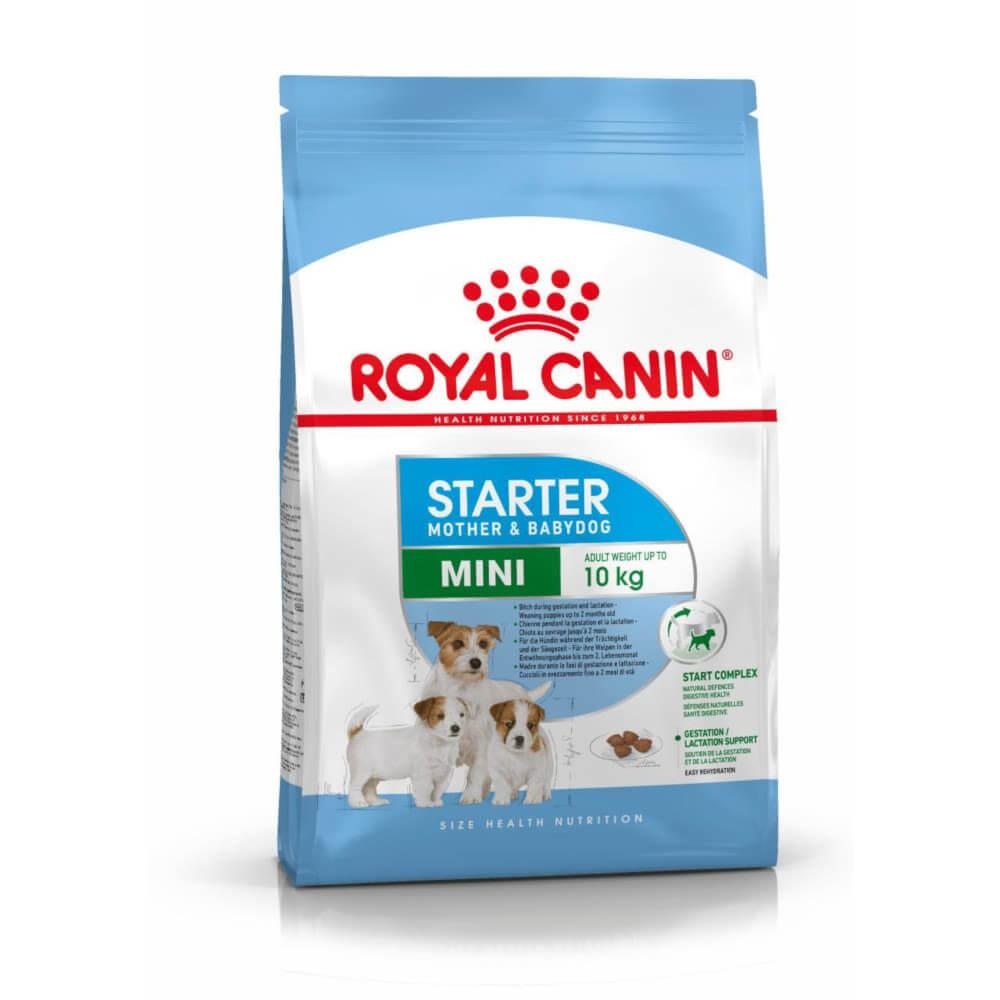Welcoming a litter of puppies into the world is an exciting journey, and ensuring the health and well-being of the mother dog is a crucial part of this experience. As a dog owner, you naturally want to provide the best care possible, and that begins with proper nutrition. Feeding a pregnant dog requires thoughtful consideration and an understanding of her unique nutritional needs. In this article, we’ll guide you through the best food options for pregnant dogs, helping you to make informed choices that support her health and the development of her puppies. From understanding essential nutrients to selecting the right type of food, we aim to provide you with practical advice that combines expert insights with a warm, compassionate approach. Let’s embark on this journey together, ensuring that your furry friend receives the nourishment she needs during this special time.
Understanding Nutritional Needs for Expecting Canines
When it comes to nourishing a pregnant dog, providing the right balance of nutrients is crucial for the health of both the mother and her developing puppies. During this special time, your furry friend requires an increased intake of calories, protein, and essential vitamins. Here are some key components to consider:
- High-Quality Protein: Proteins are the building blocks for growth and development. Look for foods rich in animal-based proteins such as chicken, beef, or fish.
- Essential Fatty Acids: Omega-3 and Omega-6 fatty acids support fetal brain development and a healthy coat for the mother. Fish oil or flaxseed oil are excellent sources.
- Calcium and Phosphorus: These minerals are vital for strong bones and teeth. Ensure the diet includes a balanced ratio, which can be found in most commercial dog foods formulated for pregnancy.
- Folic Acid: This B-vitamin is crucial for preventing birth defects and supporting overall development. Many prenatal canine supplements include folic acid.
Opt for commercially prepared dog foods labeled for all life stages or specifically formulated for pregnancy and lactation, as they are designed to meet these nutritional needs. Additionally, consult your veterinarian to tailor a diet plan specific to your dog’s breed, size, and health status, ensuring both mom and pups thrive throughout this journey.

Choosing High-Quality Proteins and Essential Nutrients
When it comes to nurturing your pregnant dog, selecting the right proteins and nutrients is crucial. High-quality proteins are the building blocks for the developing puppies and help maintain the mother’s health throughout the pregnancy. Opt for protein sources like lean meats such as chicken, turkey, and beef. Fish, particularly those rich in omega-3 fatty acids like salmon, can also be beneficial. These proteins should be easily digestible to ensure optimal absorption and energy levels.
- Chicken and Turkey: Lean and easily digestible, these are excellent sources of protein.
- Beef: Offers a rich source of essential amino acids and iron.
- Fish: Provides omega-3 fatty acids, supporting brain and eye development in puppies.
In addition to proteins, ensure that your dog’s diet is rich in essential nutrients such as calcium, phosphorus, and DHA. These nutrients support bone growth and cognitive development in puppies. Including leafy greens and carrots can offer natural sources of vitamins and minerals, while supplementing with prenatal vitamins can fill any nutritional gaps.
- Leafy Greens: Spinach and kale provide vital vitamins and minerals.
- Carrots: A good source of beta-carotene, which is converted to vitamin A.
- Supplements: Consider prenatal vitamins after consulting your vet.

Incorporating Healthy Treats and Snacks Safely
When pampering your pregnant pooch, it’s important to ensure that any treats and snacks are both nutritious and safe. Fresh fruits like blueberries, apples (without seeds), and bananas can be delightful and beneficial, offering vitamins and fiber without unnecessary additives. Cooked vegetables such as carrots and sweet potatoes provide essential nutrients and can be easily incorporated into their diet. Always ensure these are prepared plainly, without added salts or seasonings.
For a bit of protein, boiled eggs and small amounts of cooked chicken or turkey can be offered as occasional treats. These protein-rich options can help support the additional energy requirements of a pregnant dog. Remember to keep portion sizes small and integrate these treats as part of a balanced diet. Avoid giving your dog chocolate, grapes, and anything with caffeine, as these can be harmful. By focusing on wholesome, dog-friendly options, you can keep your furry friend healthy and happy throughout her pregnancy.
Tailoring Meal Plans for Different Stages of Pregnancy
During pregnancy, a dog’s nutritional needs change to support her health and the development of her puppies. It’s crucial to adjust her meal plan as she progresses through each stage. In the early weeks, focus on providing high-quality, balanced commercial dog food that meets the nutritional standards for all life stages. This ensures she receives essential nutrients without unnecessary weight gain.
As she moves into the middle and later stages of pregnancy, her energy requirements increase significantly. Consider incorporating nutrient-dense foods such as:
- Lean meats like chicken or turkey, which provide essential proteins.
- Omega-3 fatty acids from fish oils to support fetal brain development.
- Calcium-rich foods such as cottage cheese to aid in bone formation.
- Vegetables like sweet potatoes and carrots for added vitamins and minerals.
Ensure that any dietary changes are gradual and always consult with a veterinarian to tailor the meal plan to your dog’s specific needs, keeping her and her puppies healthy and thriving.

